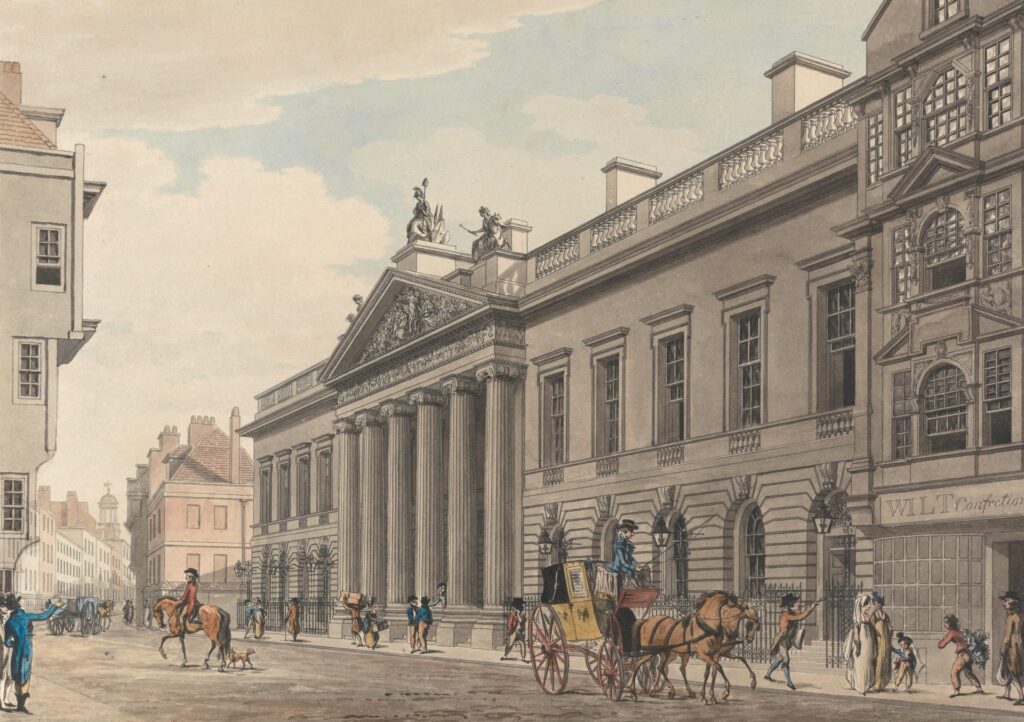

Conversation-based seminars for collegial PD, one-day and multi-day seminars, graduate credit seminars (MA degree), online and in-person.


No study questions
No related resources
THE boasted equilibrium of this government, (so far as it is a reality) is maintained less by the distribution of its powers, than by the force of public opinion. If the nation were in favour of absolute monarchy, the public liberty would soon be surrendered by their representatives. If a republican form of government were preferred, how could the monarch resist the national will? Were the public opinion neutral only, and the public voice silent, ambition in the House of commons could wrest from him his prerogatives, or the avarice of its members, might sell to him its privileges.
The provision required for the civil list, at every accession of a king, shews at once his dependence on the representative branch, and its dependence on the public opinion. Were this establishment to be made from year to year, instead of being made for life (a change within the legislative power) the monarchy, unless maintained by corruption, would dwindle into a name. In the present temper of the nation, however, they would obstruct such a change, by taking side with their king, against their representatives.
Those who ascribe the preservation of the British government to the form in which its powers are distributed and balanced, forget the revolutions which it has undergone. Compare its primitive with its present form.
A king at the head of 7 or 800 barons, sitting together in their own right, or (admitting another hypothesis) some in their own right, others as representatives of a few lesser barons, but still sitting together as a single House; and the judges holding their offices during the pleasure of the king; such was the British government at one period.
At present a king is seen at the head of a legislature, consisting of two Houses, each jealous of the other, one sitting in their own right, the other representing the people; and the judges forming a distinct and independent department.
In the first case the judiciary is annexed to the executive, and the legislature not even formed into separate branches: In the second, the legislative, executive and judiciary are distinct; and the legislative subdivided into rival branches.
What a contrast in these forms? If the latter be self balanced, the former could have no balance at all. Yet the former subsisted as well as the latter, and lasted longer than the latter, dating it from 1688, has been tried.
The former was supported by the opinion and circumstances of the times, like many of the intermediate variations, through which the government has passed; and as will be supported, the future forms through which it probably remains to be conducted, by the progress of reason, and change of circumstances.
Jan.28.
[Published in the National Gazette, January 30, 1792; General Advertiser, January 31, 1792]

Conversation-based seminars for collegial PD, one-day and multi-day seminars, graduate credit seminars (MA degree), online and in-person.
